Necrophobia is a condition characterized by an irrational fear of dead things or corpses as well as things that are associated with death.
What is Necrophobia?
Necrophobia is a type of specific phobia characterized by an intense, unreasonable fear of dead things and things associated with death, such as graveyards, coffins, and tombstones [mfn] Prounis, G. S., & Shields, W. M. (2013). Necrophobic behavior in small mammals. Behavioural processes, 94, 41–44. https://doi.org/10.1016/j.beproc.2012.12.001 [/mfn] . The word necrophobia is derived from the Greek word “nekros” meaning “corpse” and “phobos” meaning “fear”.
While the fear of death is quite natural, a person with necrophobia experiences extreme discomfort related to death and injuries that interfere with their functioning. In extreme cases, this fear can trigger panic attacks that may even require hospitalization.
Read More About phobia Here
Research on the prevalence of necrophobia is still underway. However specific phobias are very common. A 2007 study [mfn] Stinson, F. S., Dawson, D. A., Patricia Chou, S., Smith, S., Goldstein, R. B., June Ruan, W., & Grant, B. F. (2007). The epidemiology of DSM-IV specific phobia in the USA: results from the National Epidemiologic Survey on Alcohol and Related Conditions. Psychological medicine, 37(7), 1047–1059. https://doi.org/10.1017/S0033291707000086 [/mfn] confirmed that more than 70% of people in the USA report having one or more specific phobias.
Case Example
[Trigger Warning: suicide]
Vina, a woman in her late twenties, was constantly afraid of being contaminated by germs from dead bodies. Even looking at dead people, be it in reality or in the media, would send shivers down her spine.
If she ever came across a funeral procession or a graveyard, it made her so uncomfortable that she would begin panting and sweating profusely. She would sometimes become so frightened that she would even lose consciousness.
Vina’s symptoms began two years ago when she came home to see one of her flatmates hanging by the ceiling. She could not get the picture out of her head—no matter how hard she tried. A couple of days after this, she fell terribly sick.
The trauma and her subsequent fever significantly impacted her mood. Even after Vina recovered and moved back to her parents’ place, she was not able to fully get over the incident. The fear of encountering a dead person had since haunted her.
Case Analysis
From the excerpt above, it seems apparent that Vina is suffering from an extreme, irrational, and persistent fear (in other words, a phobia) of dead bodies and anything related to death. Her symptoms are thus typical of necrophobia.
Symptoms of Necrophobia
Necrophobia symptoms vary depending on the individual. It can present a combination of physical and psychological symptoms.
Physical Symptoms
On encountering a dead body, or a situation representing death, a person with necrophobia may experience
- Dizziness or lightheadedness
- Choking sensations
- Shortness of breath
- Sweaty palms
- Racing heart
- Prickly sensations like pins and needles
- Excessive sweating
- Tightness in chest
- Hot and cold flashes
- Trembling or shaking
- Numbness
Psychological Symptoms
Some of the primary psychological symptoms a person with necrophobia experiences on facing things associated with death may include
- An intense feeling of fear and discomfort
- Feeling of losing control or fainting
- Fear of dying
- Inability to distinguish reality
- Feeling of detachment from one’s body
- An urge to escape or avoid the situation
These symptoms make it extremely difficult for a necrophobic to function in everyday life.
What Causes Necrophobia?
Necrophobia causes are still being researched. However, some of the risk factors for necrophobia may include
Traumatic incident(s)
A patient with this condition might have experienced a traumatic incident in the past that involved the death of a loved one or a relative. A 2005 study [mfn] Iribarren, J., Prolo, P., Neagos, N., & Chiappelli, F. (2005). Post-traumatic stress disorder: evidence-based research for the third millennium. Evidence-based complementary and alternative medicine : eCAM, 2(4), 503–512. https://doi.org/10.1093/ecam/neh127 [/mfn] found that stress that results from traumatic events precipitates a spectrum of psycho-emotional and physiopathological outcomes.
Learned response
Phobias can be a consequence of a learned response. For instance, a child may observe the fearful or anxious behaviors of an adult and pick up a similar response. Parents who are extremely anxious may unintentionally teach it to their children.
Genetic factors
Like most phobias, necrophobia also has a hereditary component. Some genetic combinations can make some individuals more susceptible to anxiety disorders and phobias. However, the extent [mfn] Czajkowski, N., Kendler, K. S., Tambs, K., Røysamb, E., & Reichborn-Kjennerud, T. (2011). The structure of genetic and environmental risk factors for phobias in women. Psychological medicine, 41(9), 1987–1995. https://doi.org/10.1017/S0033291710002436 [/mfn] of the influence of genetic factors on specific phobias is still unknown.
Read More About Genetics Here
Stress
Unresolved stress may also be a contributing factor in necrophobia. Studies [mfn] Steimer T. (2002). The biology of fear- and anxiety-related behaviors. Dialogues in clinical neuroscience, 4(3), 231–249. https://doi.org/10.31887/DCNS.2002.4.3/tsteimer [/mfn] found that fear motivates defensive and escaping behavior. Continuous stressful situations or unresolved stress can make us phobic when reencountered with similar situations.
Read More About Stress Here
Media Influence
Horror movies or books may play a significant role in the development of the fear of death. In fact, researchers [mfn] Horror movies manipulate brain activity expertly to enhance excitement. (2020). ScienceDaily. Available from: https://www.sciencedaily.com/releases/2020/01/200124104518.htm [/mfn] found that our brains are continuously anticipating and preparing us for action in response to threats, and horror movies exploit this phenomenon expertly to enhance the excitement. This may ultimately lead to anxiety or phobias.
Cultural factors
Some cultures [mfn] Object, object. (n.d.). Instructional strategies for Necrophobia among student nurses in Zimbabwe. Core.ac.uk. Available from: https://core.ac.uk/reader/234691650 [/mfn] believe that spirits return and haunt the living. These beliefs may play a role in developing this disorder.
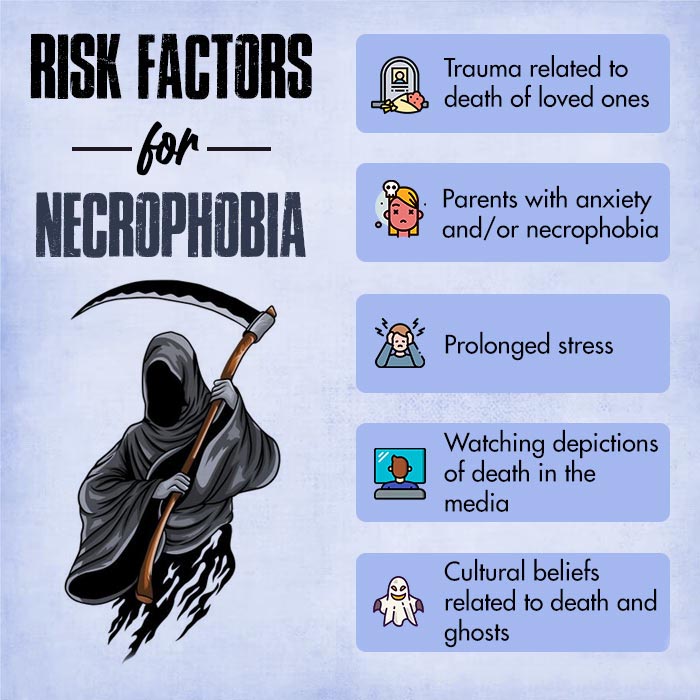
Diagnosing Necrophobia
According to the Diagnostic and Statistical Manual of Mental Disorders (DSM 5), necrophobia can be diagnosed as a ‘specific phobia’. In order to be diagnosed with a specific phobia, the following criteria must be present for a period of six months or more:
- Significant fear and anxiety related to a specific thing (in this case, death).
- The object of fear triggers a fearful response.
- The fear and anxiety are not in proportion to the actual danger.
- Extreme measures are undertaken to avoid the object of fear or it is endured with a lot of difficulties.
- The fear causes clinically significant distress and impairment in functioning.
- The symptoms must not satisfy the criteria for another disorder such as anxiety disorder.
A mental health professional, such as a psychologist or a psychiatrist, takes a detailed history of the symptoms along with other information such as family and childhood history before arriving at a diagnosis.
Complications for Necrophobia
Necrophobia can give rise to several complications in a person’s daily life, such as
- Inability to take part in social occasions such as funerals or tours
- Susceptibility to other mental disorders such as anxiety and depression
- Proneness to developing substance use disorders
- Relationship problems
- Academic or work-related difficulties
How to Treat Necrophobia?
Although there are no known methods to prevent necrophobia, early diagnosis and treatment can actually improve prognosis to a great extent. However, a 2017 study [mfn] Wardenaar, K. J., Lim, C. C. W., Al-Hamzawi, A. O., Alonso, J., Andrade, L. H., Benjet, C., Bunting, B., de Girolamo, G., Demyttenaere, K., Florescu, S. E., Gureje, O., Hisateru, T., Hu, C., Huang, Y., Karam, E., Kiejna, A., Lepine, J. P., Navarro-Mateu, F., Oakley Browne, M., Piazza, M., … de Jonge, P. (2017). The cross-national epidemiology of specific phobia in the World Mental Health Surveys. Psychological medicine, 47(10), 1744–1760. https://doi.org/10.1017/S0033291717000174 [/mfn] suggested that only a tenth to a quarter of people with specific phobias eventually seek treatment. Necrophobia treatment usually involves a combination of therapy, medication, and relaxation techniques.
Some methods of treatment for necrophobia have been discussed below.
Therapy
Psychotherapy is considered an effective intervention [mfn] Locher, C., Meier, S., & Gaab, J. (2019). Psychotherapy: A World of Meanings. Frontiers in psychology, 10, 460. https://doi.org/10.3389/fpsyg.2019.00460 [/mfn] for phobias. The following therapies may be recommended to a person suffering from necrophobia.
Read More About Therapy Here
A. Cognitive Behavioral Therapy (CBT)
CBT is used to address the irrational thoughts that trigger fear responses, and replace them with adaptive and rational thought patterns. According to a 2015 study [mfn] Kaczkurkin, A. N., & Foa, E. B. (2015). Cognitive-behavioral therapy for anxiety disorders: an update on the empirical evidence. Dialogues in clinical neuroscience, 17(3), 337–346. https://doi.org/10.31887/DCNS.2015.17.3/akaczkurkin [/mfn] , CBT has proven effective in treating patients with anxiety disorders and specific phobias. It has also been associated with improvements in the quality of life in anxiety and phobic patients.
Read More About Cognitive Behavioral Therapy (CBT) Here
B. Exposure Therapy
This therapy involves gradual exposure to fear-based stimuli in a controlled environment. Exposure therapy uses the exposure to the object of fear, in this case, corpses, in a safe environment to ease the fear. Studies have shown that gradual exposure to a stimulus is effective in treating phobias through desensitization. A 2007 study [mfn] Choy, Y., Fyer, A. J., & Lipsitz, J. D. (2007). Treatment of specific phobia in adults. Clinical psychology review, 27(3), 266–286. https://doi.org/10.1016/j.cpr.2006.10.002 [/mfn] confirmed that exposure therapy is the most effective form of treatment for this disorder.
Medications
Doctors may prescribe antidepressants or anti-anxiety medications in order to manage the symptoms of this disorder. A 2002 study [mfn] Davis M. (2002). Role of NMDA receptors and MAP kinase in the amygdala in extinction of fear: clinical implications for exposure therapy. The European journal of neuroscience, 16(3), 395–398. https://doi.org/10.1046/j.1460-9568.2002.02138.x [/mfn] found some clinicians administering the antibiotic D-cycloserine, which is believed to facilitate fear extinction. It may be used to treat specific phobias.
How to Overcome Necrophobia?
Along with availing professional help, there are several other strategies that can help you in overcoming necrophobia.
Consider the following tips for coping with necrophobia.
- Practice relaxation techniques such as meditation, yoga, deep breathing, etc [mfn] Tercelan Alvarez, E., Zamora Muñoz, M., José Moraga, M., & Garcia Alvarez, J. (2015). The Effectiveness of Relaxation Techniques in Anxiety Disorders. European Psychiatry, 30, 1112. https://doi.org/10.1016/s0924-9338(15)30878-6 [/mfn] .
- Confide in a trusted person about your feelings.
- Join a support group to share and learn from the experiences of others.
- Try adopting mindfulness.
- Don’t isolate yourself as that can lead to further complications.
Takeaway
It is possible to recover from necrophobia with behavioral treatment, support from friends and family, and medications. The prognosis of this disorder is good compared to other disorders. Early treatment can help the individual to prevent any significant impact that may occur due to the disorder. With self-determination and coping strategies, it is possible to lead a regular and phobia-free life.
At A Glance
- Necrophobia is a condition characterized by an irrational fear of dead things or corpses as well as things that are associated with death.
- Necrophobia can make the sufferer feel stressed and out of control.
- The doctor or mental health professional can ask the patient several questions related to symptoms, the duration of symptoms, and medical and mental history.
- The prognosis of this disorder is good as compared to other disorders.
- Early treatment can help the individual to prevent any significant impact that may occur due to the disorder.
Frequently Asked Questions (FAQs)
1. How common is Necrophobia?
There are no exact statistics on the prevalence of necrophobia. However, it is thought to be one of the rarer phobias.
2. How does Necrophobia develop?
Necrophobia can develop due to a variety of reasons, involving a combination of genetic factors, sociocultural influences, and early childhood experiences.
3. Is necrophobia a fear of death?
Necrophobia is not the fear of death. Rather, it is a phobia of dead things (corpses) or places that contain dead things, such as graveyards.

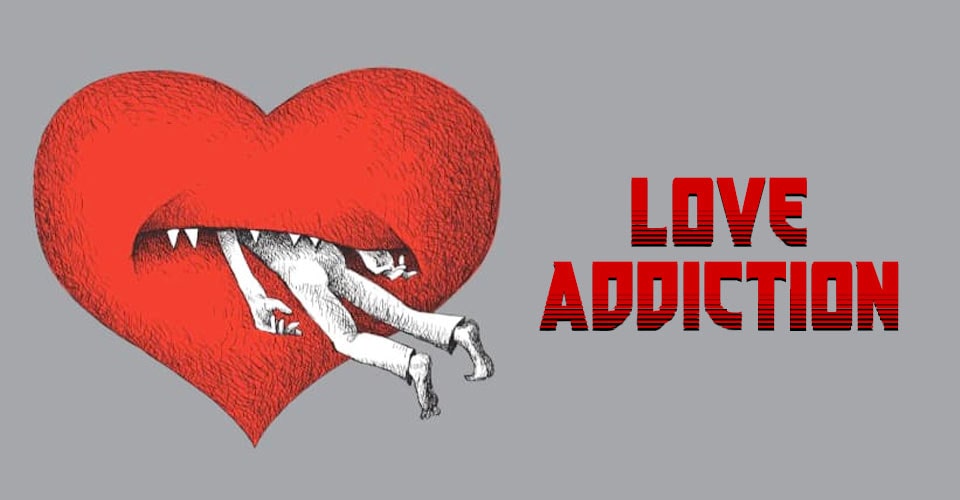
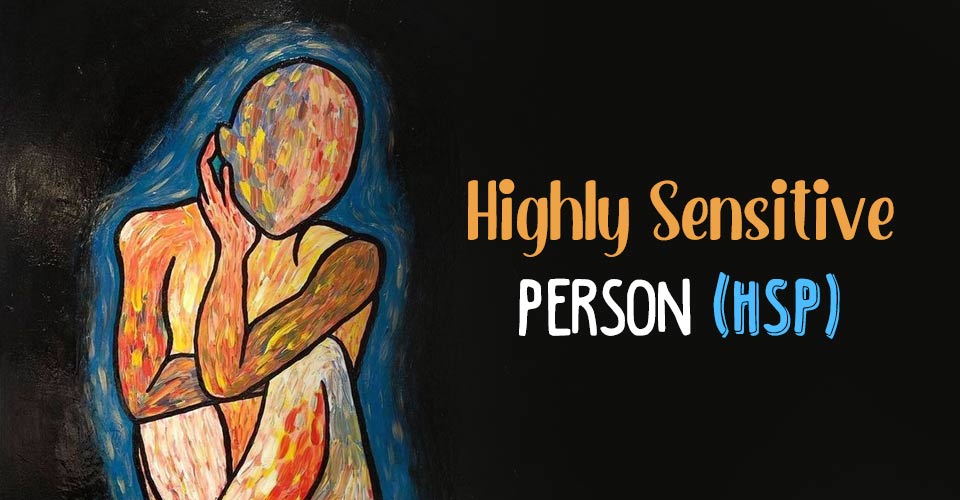

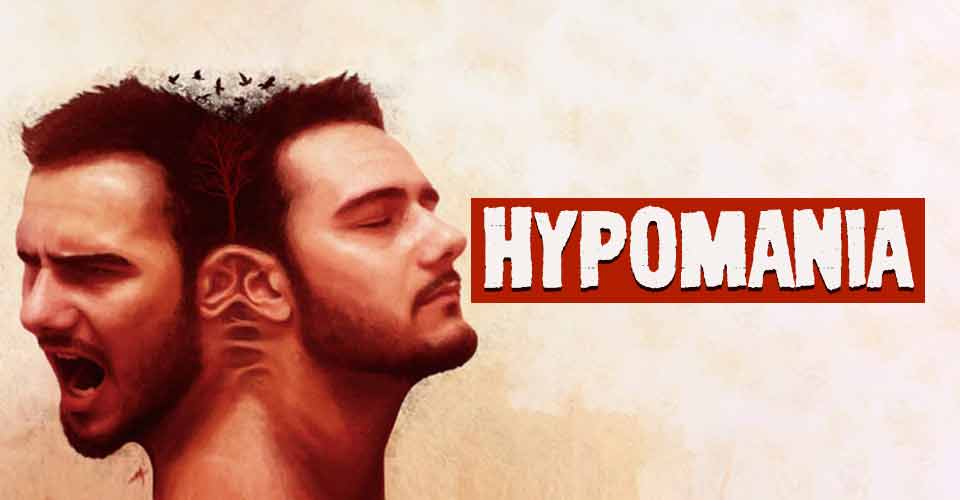



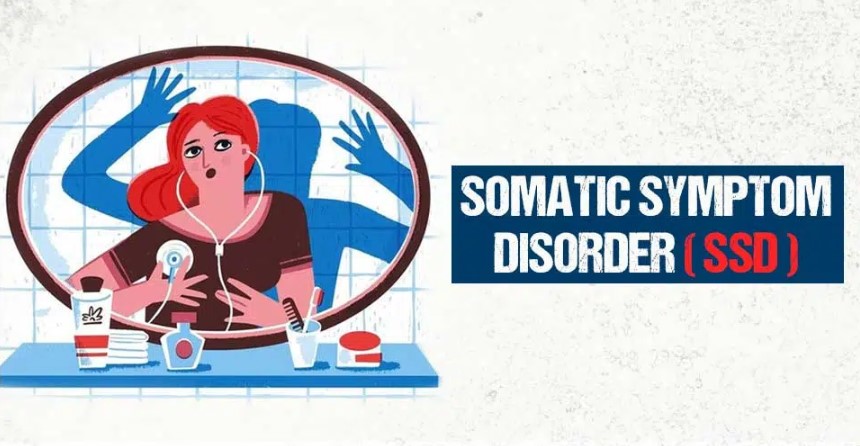

Leave a Reply